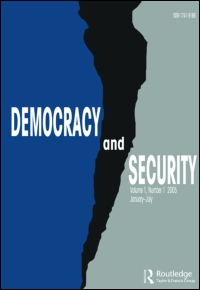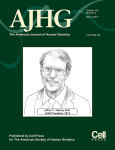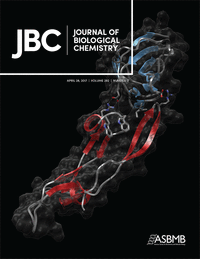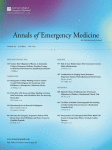 A publisher has retracted all of the papers it published by a researcher in Nigeria, citing plagiarism.
A publisher has retracted all of the papers it published by a researcher in Nigeria, citing plagiarism.
The papers, all about terrorism and gender-based violence, were written by Oluwaseun Bamidele. The journal editors and the publisher, Taylor & Francis, decided to retract nine papers by Bamidele because of the overlap to other works — which he also failed to reference.
Bamidele — who also lost a paper on Boko Haram for the same reason — told us he didn’t learn about what constitutes plagiarism until his graduate studies, after he’d already written the now-retracted manuscripts:
Continue reading Gender-based violence researcher now up to 10 retractions for plagiarism
 In August, the U.S. Office of Research Integrity announced that a former postdoctoral fellow at the National Human Genome Research Institute (NHGRI)
In August, the U.S. Office of Research Integrity announced that a former postdoctoral fellow at the National Human Genome Research Institute (NHGRI) 


 A journal has temporarily removed a paper showing the dramatic differences in the cost of providing emergency care that
A journal has temporarily removed a paper showing the dramatic differences in the cost of providing emergency care that  The former vice chancellor for research at the University of California, Los Angeles, has
The former vice chancellor for research at the University of California, Los Angeles, has  For the second time, a journal has quickly retracted a study that suggested vaccines raise the risk of autism and other neurodevelopmental disorders.
For the second time, a journal has quickly retracted a study that suggested vaccines raise the risk of autism and other neurodevelopmental disorders.